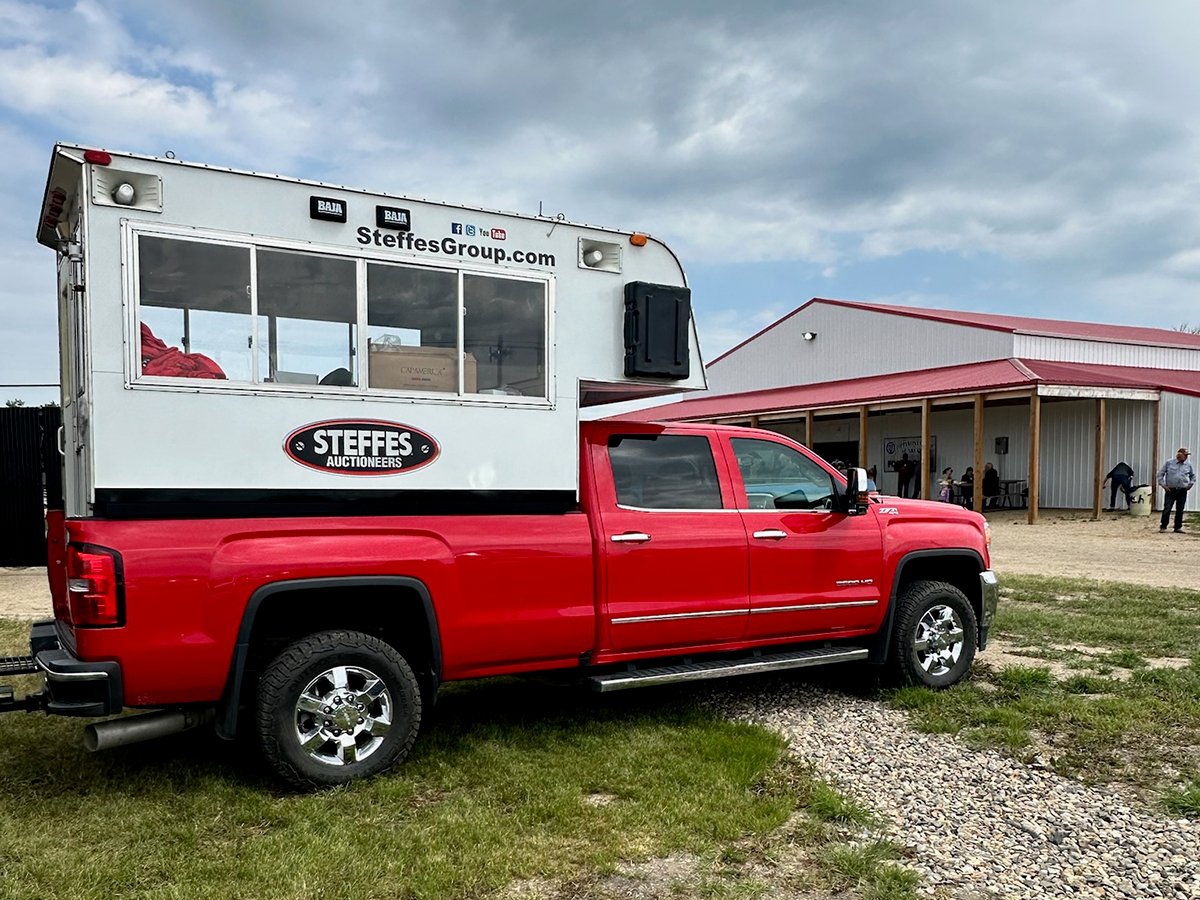Q: Sometimes I think that there must be a conspiracy between my physician and my wife.
Both of them tell me that I have to slow down. I can see the point. I am 67 years old, a touch overweight and even though I don’t smoke now I faithfully committed myself to nicotinic addictions for more than half of my life.
I am not all that healthy. Probably I need to slow down.
The problem is that I don’t know how. I have been tossing bales since I graduated from diapers and I have worked hard ever since.
Read Also

Farm auctions evolve with the times
Times have changed. The number of live, on-farm auctions is seeing a drastic decline in recent years. Today’s younger farmers may actually never experience going to one.
The end product isn’t all that bad. We have a great farm and with some help from both of my sons, we are likely to turn this thing into a thriving enterprise.
Maybe it is time to turn the whole thing over to the boys, and I don’t mind doing that, but if I do, that does not mean that I will stop working fast and hard. If I don’t have the farm to overtax my energies, I will find something else.
So, how do I do this? How do I slow things down?
A: Let’s be clear about something from the beginning. When you shift your life into a slowdown, that does not mean that you take your foot off the accelerator and slam on the emergency brake on life’s journey. No one is measuring speed.
What your wife and physician are asking of you is that you take the turmoil embracing your daily commitments and get some control over all that to which you are committed. Slowing down means that you are in control.
As much as your banker, your pastor, your reeve and your wife’s grandmother try to lay out expectations for you, telling you what you have to do, the truth of the matter is that you alone are responsible for determining your life goals. Maybe you cannot run the farm, but you can consult with your sons and their neighbours, you can advise to agriculture developments in impoverished countries, you can run a small herd of specialized livestock, you can help with crop insurance, you can work with your equipment dealer, or whatever. The point is that you can do a lot. Just don’t try to do all of it.
In fact, don’t do more than one of all that you can do. It is called setting goals and your goal is as singular and as simple as it possibly can be. You simply need to be committed to it.
Nothing disrupts commitments to goals more consistently than your drive to impulsiveness. The more impulsive you are, the less likely you are going to be committed to your goals, and the less you are committed to your goals, the more likely it is that you will find yourself in emotional turmoil and back into the cradle of concern shared by your wife and your physician.
The option to impulsiveness is to live a life that you have organized and directed. You cannot plan everything — of course not. No one expects you to do so. But you reduce life’s anxiety, relax and enjoy the moment, when you have at least a semblance of a plan of what you intend to do.
Make the occasional correction, stay on the path, and enjoy your morning coffee as you watch the world unfold before you.
You are going to feel good, and the anxiety that has driven you into obesity, nicotinic addiction and sleeplessness may well start to settle down.
Jacklin Andrews is a family counsellor from Saskatchewan. Contact: jandrews@producer.com.














